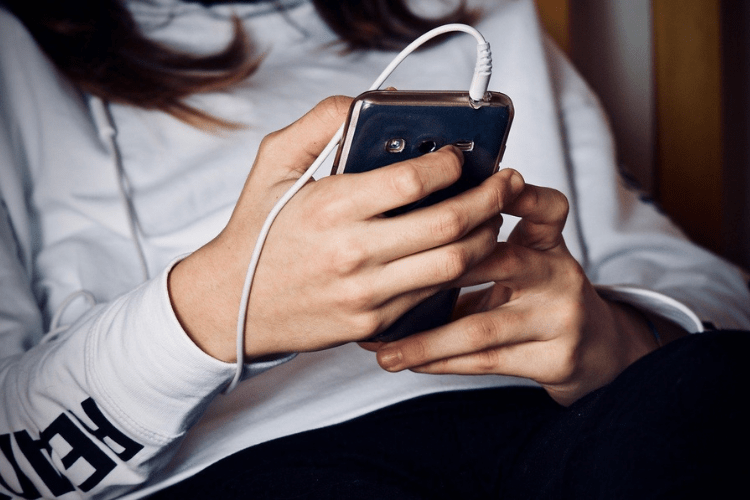Learning Korean is convenient nowadays with the explosion of content on the Internet – podcasts, TV shows, dramas, movies, K-pop, you name it.
But can you learn this foreign language of 70 million just by listening? That is, without doing any reading, writing, or speaking?
You can definitely learn Korean by listening as it improves your listening comprehension and prepares you for speaking practice. But focusing on it alone might delay your reading and writing abilities if your goal is to achieve fluency.
How exactly does listening improve your Korean? What limitations does this practice have in your learning?
How Can You Learn Korean Through Listening?
There are several ways listening can help you with not just Korean, but any foreign language you’re learning.
First of all, your ears can pick up a lot of information especially if you’re “intentional” with what you learn. It’s what others refer to as “active listening”, where you have some specific goal in mind such as understanding a bit of context or spotting new words or getting familiar with pronunciation.
Second, even if you don’t focus much and only do “passive listening”, you still become familiar with the sounds of your language. There’s something about foreign speech hitting your ears regardless of your readiness to comprehend what was said. I began listening to Korean mostly in a passive manner as I had a hard time understanding vocabulary and grammar at first.
Third, I read a book by Dr. Paul Pimsleur where he made the case that “speaking begins with the ear”, not with the mouth. The key is listening to high-quality audio of a native speaking the foreign language correctly. This sets you up to speak the way you learned it through input.
Fourth, which is particularly the case for Korean, there’s rich content in the language over the Internet in various formats. You can watch K-dramas or TV shows, listen to podcasts or K-pop songs, or even just search YouTube for Korean videos in the topic of your choice. When the opportunity exists to choose, you’re likely to pick listening content that you love to consume.
When you can have fun in the language you’re acquiring, that gives you the motivation to keep going and maintain good learning habits for a long time.
What Are The Limits of Korean Listening?
There are many tasks to do when acquiring a new language and it’s not just about listening.
For one, you still have to go through beginner knowledge and grasp the basics of Korean before listening, which you can acquire through study. This means having to go learn Hangeul, familiarize the Subject-Object-Verb sentence structure, learn the basic particles & conjunctions, memorize commonly used vocabulary, and so on.
Another limit to listening is while it may help you improve speaking and pronunciation, it does little to improve your reading and writing abilities. Unless you complement your listening with reading during immersion, you’ll have a hard time jotting down the dialogue you’ve heard.
Then, consider also that you can’t shortcut your way to familiarity with Korean speech. It takes a while for your ears to get most of the dialogue and understand what was said. This suggests you need a LOT of audio input if you decide to become a hardcore listener.
Lastly, in my opinion, Korean can sound too fast and fluid for any aspiring learner to pick up, so you must be willing to start slow first and eventually pick up speed. Context can be your guide to help aid your hearing and understanding. Even I myself often confuse the Korean words that I hear, especially since vocabulary and grammar can get mixed up at times, all while listening at regular speed.
Listen Your Way to Korean Fluency
Learning to listen requires training your ears, just as you would train any muscle in the body.
And because you need to train and practice, the results don’t show up overnight.
It may seem like Korean is hopeless to crack despite how hard you try. But if you keep listening and taking in input from immersion, it will all eventually make sense.
Partnered with other activities such as studying, reading, and speaking, you’ll find your listening comprehension getting a boost in the process.
And who knows, maybe tomorrow you’ll already be fluent?
How has listening to Korean content helped you in your Korean study? Let me know what you think and let’s share experiences in the comments below.
